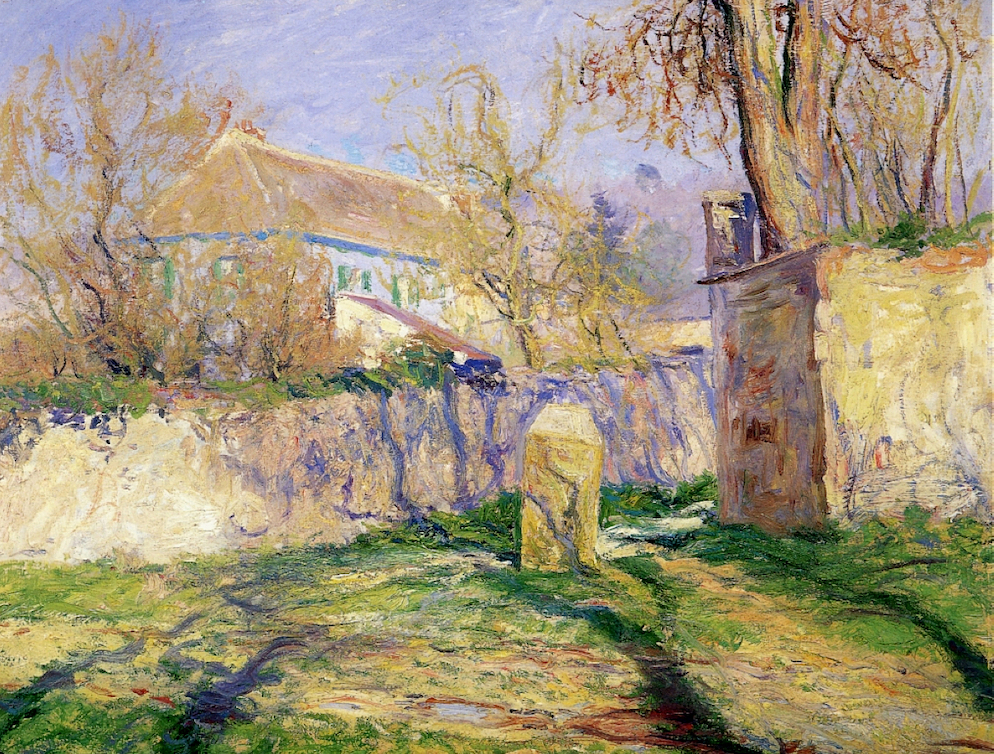After word got around in Lebanon that the government was planning to tax WhatsApp calls,Watch I Did It For You Online thousands of people demonstrated in the streets of Beirut.
The plan was to impose a 20-cent fee for a person's first call of the day.
As Fortunereports, the Lebanese government is deeply in debt, and passed austerity measures in July to help remedy the situation. That began affecting the lives of Lebanon's citizens by, for example, threatening the pensions of retired soldiers. Additionally, some reportedly believe corruption is preventing the country from getting the aid it needs.
The proposed WhatsApp tax, as well as proposals to increase VAT and gasoline taxes, inflamed anti-government sentiments. That led to the demonstrations, in which protesters called for regime change and revolution.
WhatsApp is an extremely popular messaging service outside of the U.S., with 1.5 billion users worldwide. People in Lebanon reportedly use the free service frequently to make voice calls, since it is a low-cost way to stay connected. The reliance on the service is reportedly what struck a cord with protesters in Lebanon after weeks of tension.
On Friday, the Lebanese government reversed course and said no new taxes would be levied.
(Editor: {typename type="name"/})
 Around 10,000 Amazon workers are striking just before Christmas
Around 10,000 Amazon workers are striking just before Christmas
 Worldbending by Akwaeke Emezi
Worldbending by Akwaeke Emezi
 Artifact news app is shutting down, one year post
Artifact news app is shutting down, one year post
 Skype is finally shutting down
Skype is finally shutting down
Best roborock deal: Save $400 on Q5 Pro+ Robot Vacuum and Mop
 SAVE $400:As of April 22, the roborock Q5 Pro+ Robot Vacuum and Mop is on sale at Amazon for $299.99
...[Details]
SAVE $400:As of April 22, the roborock Q5 Pro+ Robot Vacuum and Mop is on sale at Amazon for $299.99
...[Details]
Why are people leaving Substack?
 Substack, the popular newsletter publishing platform toting millions of subscribers, is at the cente
...[Details]
Substack, the popular newsletter publishing platform toting millions of subscribers, is at the cente
...[Details]
Poets on Couches: Sara Deniz Akant Reads Naomi Shihab Nye by Sara Deniz Akant
 Poets on Couches: Sara Deniz Akant Reads Naomi Shihab NyeBy Sara Deniz AkantMay 7, 2021Poets on Couc
...[Details]
Poets on Couches: Sara Deniz Akant Reads Naomi Shihab NyeBy Sara Deniz AkantMay 7, 2021Poets on Couc
...[Details]
 “The Lottery”: PG-13 VersionBy Sadie SteinOctober 31, 2012BooksIn honor of the master of the creepy
...[Details]
“The Lottery”: PG-13 VersionBy Sadie SteinOctober 31, 2012BooksIn honor of the master of the creepy
...[Details]
NYT Strands hints, answers for April 26
 If you're reading this, you're looking for a little help playing Strands, the New York Times' elevat
...[Details]
If you're reading this, you're looking for a little help playing Strands, the New York Times' elevat
...[Details]
Watch the Summer 2021 Issue Launch by The Paris Review
 Watch the Summer 2021 Issue LaunchBy The Paris ReviewJune 23, 2021BulletinThis past week, the extend
...[Details]
Watch the Summer 2021 Issue LaunchBy The Paris ReviewJune 23, 2021BulletinThis past week, the extend
...[Details]
Bills vs. Steelers rescheduled NFL playoff game: New game time and how to watch
 Wondering how to watch the 2024 NFL Playoffs? Here are your best options: Most afford
...[Details]
Wondering how to watch the 2024 NFL Playoffs? Here are your best options: Most afford
...[Details]
Metadata on U.S. government memos reveals authors linked to Project 2025
 The U.S. Office of Personnel Management (OPM) has reportedly rushed to wipe the metadata from some o
...[Details]
The U.S. Office of Personnel Management (OPM) has reportedly rushed to wipe the metadata from some o
...[Details]
Skywatching is lit in May, says NASA
 Here's a wholesome quarantine activity: For the rest of May you can view bright objects in our solar
...[Details]
Here's a wholesome quarantine activity: For the rest of May you can view bright objects in our solar
...[Details]
A warning about 'True Detective' Season 4, episode 2: Trust us
 True DetectiveSeason 4 is off to a chilling start. Detectives Liz Danvers (Jodie Foster) and Evangel
...[Details]
True DetectiveSeason 4 is off to a chilling start. Detectives Liz Danvers (Jodie Foster) and Evangel
...[Details]
接受PR>=1、BR>=1,流量相当,内容相关类链接。